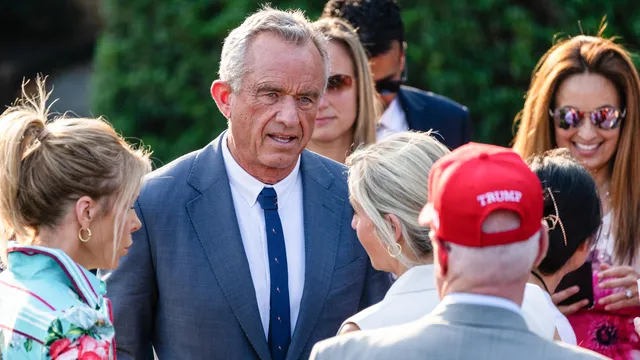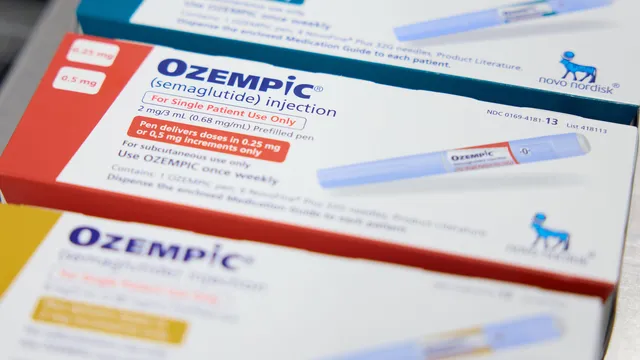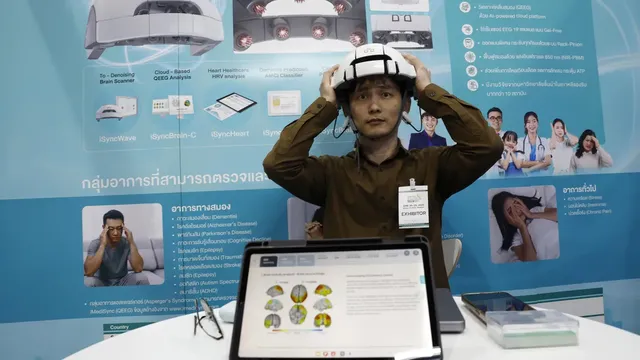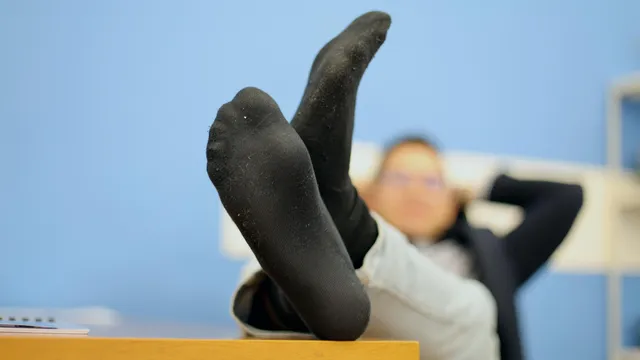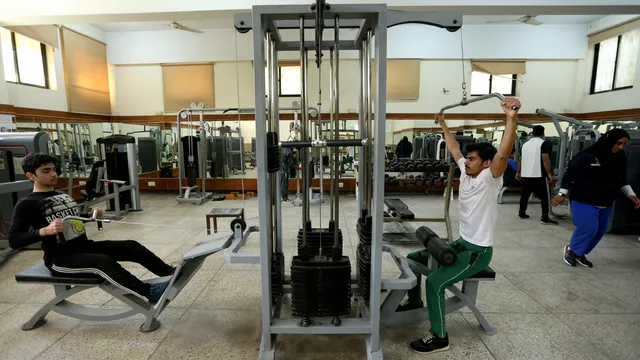US Health Secretary Robert F. Kennedy Jr, a vaccine sceptic, has fired all 17 members of the committee that issues official government recommendations on immunisation, the BBC reports.
In an article in the Wall Street Journal, Kennedy said that conflicts of interest on the Advisory Committee on Immunization Practices (ACIP) had undermined trust in vaccines.
Kennedy said he wanted to “ensure that the American people receive the safest vaccines possible.”
Doctors and health experts have criticized Kennedy's long-standing doubts about the safety and efficacy of a number of vaccines, although during his Senate confirmation hearing he said he would not “take them away.”
He announced that he was “releasing” all members of the ACIP.
Eight of the 17 members were appointed in January 2025, in the final days of President Biden's term.
Most of the members are practicing physicians and experts affiliated with major university medical centers.
After the US Food and Drug Administration (FDA) approves vaccines based on whether the benefits of the vaccine outweigh the risks, Acip recommends which groups should be vaccinated and when, which also determines insurance coverage for the vaccines.
Noel Brewer, a professor at the University of North Carolina's Gillings School of Global Public Health, who served on Acip for a year, called Kennedy's decision “norm-breaking.”
“I was shocked, but not surprised,” he said. “It was deeply disappointing and more than a little upsetting.”
Kennedy noted that without removing the committee members, President Trump would not be able to appoint a majority to the committee until 2028.
“The committee has been plagued by constant conflicts of interest and has become little more than a rubber stamp for every vaccine,” Kennedy wrote.
He argues that health authorities and pharmaceutical companies are responsible for the “crisis of public trust” that some are trying to explain “with accusations of misinformation or anti-science attitudes.”
In the editorial, Kennedy cites examples from the 1990s and 2000s and argues that conflicts of interest continue.
“Most ACIP members have received significant funding from pharmaceutical companies, including those that sell vaccines,” he wrote in the Wall Street Journal.
ACIP members are required to disclose conflicts of interest, which are published online, and to recuse themselves from voting on decisions where there may be a conflict.
Dr. Brewer said the committee has “one of the most rigorous conflict of interest procedures of any federal committee.”
Members have a wide range of expertise in vaccines and carefully review and discuss vaccine data to make the best decisions for the public, said Paul Offit, a former ACIP member and director of the Vaccine Education Center at Children's Hospital of Philadelphia.
In his editorial, Kennedy pointed out that “the problem is not necessarily that ACIP members are corrupt.”
“The problem is that they are mired in a system of incentives and paradigms aligned with industry interests that impose a narrow pro-industry orthodoxy,” he said.
Dr. Bruce Scott, president of the American Medical Association, a professional organization of American physicians, said the mass dismissal “turns upside down a transparent process that has saved countless lives.”
“With the ongoing measles epidemic and decline in routine childhood vaccinations, this action will lead to further spread of vaccine-preventable diseases,” Dr. Scott said in a statement.
Kennedy's action appears to contradict assurances he gave during his confirmation hearings. Bill Cassidy, a Republican senator from Louisiana who is also a doctor, said he had received assurances from the health secretary that the ACIP would be kept “unchanged.”
Cassidy wrote on Twitter: “Of course, we are now concerned that the ACIP will be filled with people who know nothing about vaccines except suspicion.
I just spoke with Secretary Kennedy and will continue to speak with him to ensure that does not happen.”
Public health experts share Cassidy's concerns that Kennedy may appoint vaccine skeptics to the board.
Such replacements would mean that some vaccines “would not be recommended at all,” and other effective vaccines “would not be reimbursed by insurance companies,” according to Peter Lurie, a former FDA official.
“As a result, we will see an even greater decline in vaccination rates, followed by a resurgence of diseases that could have been prevented,” he added.
Kennedy did not say who he would appoint to replace the council members. The health secretary appears to be calling people himself and inviting them to join the council, said Dr. Offit, who said he had heard from at least two people who had been called by Kennedy.
“His whole idea of radical transparency — this is the exact opposite,” Dr. Offit said. “This is one person making a decision behind closed doors.”
ACIP has a meeting scheduled for June 25, at which members are expected to vote on recommendations for vaccines against Covid, influenza, meningococcal infection, RSV, and other diseases.
Dr. Brewer said the ACIP has some of the “best scientists in the world,” adding that it would be difficult for the minister to find experts of that caliber on short notice.
The BBC contacted the US Department of Health and Human Services and Acip chair Dr Helen Kip Talbot for comment. | BGNES

 Breaking news
Breaking news
 Europe
Europe
 Bulgaria
Bulgaria
